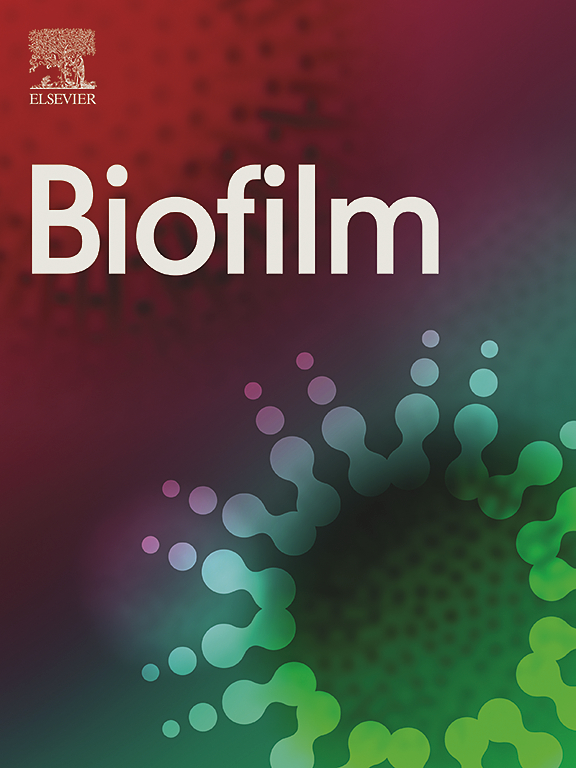遗传预测的血液代谢物介导免疫细胞特征和尿石症之间的关联:孟德尔随机研究和中介分析
IF 9.4
2区 医学
Q1 BIOCHEMISTRY & MOLECULAR BIOLOGY
引用次数: 0
摘要
尿石症是一种以尿路结石形成为特征的疾病,受免疫系统失调和代谢因素的影响。本研究基于孟德尔随机化研究尿石症患者特异性免疫细胞特征与血液代谢物之间的相互作用。我们在中介分析的基础上进一步探讨了遗传预测血液代谢物的潜在中介作用。我们采用双样本孟德尔随机分析来检验免疫细胞特性、血液代谢物和尿石症风险之间的关系。使用免疫细胞特征和血液代谢产物的遗传仪器来评估因果关系和介导途径。我们的研究结果表明,10种免疫细胞特征与尿石症风险有单向的因果关系。我们还检测到13种与尿石症相关的血液代谢物。我们确定了4种途径,通过遗传预测血液代谢物部分介导特异性免疫细胞特征与尿石症风险之间的关联。这提示潜在的机制联系,改变的血液代谢物可能通过免疫系统调节在尿石症的发生中发挥作用。这项孟德尔随机化研究强调了免疫反应、血液代谢物和尿石症之间的复杂关系。这些发现强调了在理解尿石症发病机制中考虑免疫细胞特征和代谢因素的重要性,为这种疾病的新治疗靶点和诊断策略提供了见解。本文章由计算机程序翻译,如有差异,请以英文原文为准。
Genetically predicted blood metabolites mediate the association between immune cell characteristics and urolithiasis: A Mendelian randomization study and mediation analysis
Urolithiasis, a disease characterized by the formation of urinary stones, is influenced by immune system dysregulation and metabolic factors. This study investigated the interplay between specific immune cell characteristics and blood metabolites in urolithiasis based on Mendelian randomization. We further explored the potential mediating effects of genetically predicted blood metabolites based on mediation analysis. We employed a two-sample Mendelian randomization analysis to examine the association between immune cell properties, blood metabolites, and urolithiasis risk. Genetic instruments for immune cell characteristics and blood metabolites were used to assess causal relationships and mediating pathways. Our results indicate that 10 immune cell characteristics had a unidirectional causal association with urolithiasis risk. We also detected 13 blood metabolites associated with urolithiasis. We identified 4 pathways through which genetically predicted blood metabolites partly mediated the association between specific immune cell characteristics and urolithiasis risk. This suggests potential mechanistic links where altered blood metabolites may play a role in developing urolithiasis through immune system modulation. This Mendelian randomization study highlights the complex relationship between immune responses, blood metabolites, and urolithiasis. The findings underscore the importance of considering both immune cell features and metabolic factors in understanding the pathogenesis of urolithiasis, offering insights into novel therapeutic targets and diagnostic strategies for this disorder.
求助全文
通过发布文献求助,成功后即可免费获取论文全文。
去求助
来源期刊

Genes & Diseases
Multiple-
CiteScore
7.30
自引率
0.00%
发文量
347
审稿时长
49 days
期刊介绍:
Genes & Diseases is an international journal for molecular and translational medicine. The journal primarily focuses on publishing investigations on the molecular bases and experimental therapeutics of human diseases. Publication formats include full length research article, review article, short communication, correspondence, perspectives, commentary, views on news, and research watch.
Aims and Scopes
Genes & Diseases publishes rigorously peer-reviewed and high quality original articles and authoritative reviews that focus on the molecular bases of human diseases. Emphasis will be placed on hypothesis-driven, mechanistic studies relevant to pathogenesis and/or experimental therapeutics of human diseases. The journal has worldwide authorship, and a broad scope in basic and translational biomedical research of molecular biology, molecular genetics, and cell biology, including but not limited to cell proliferation and apoptosis, signal transduction, stem cell biology, developmental biology, gene regulation and epigenetics, cancer biology, immunity and infection, neuroscience, disease-specific animal models, gene and cell-based therapies, and regenerative medicine.
 求助内容:
求助内容: 应助结果提醒方式:
应助结果提醒方式:


